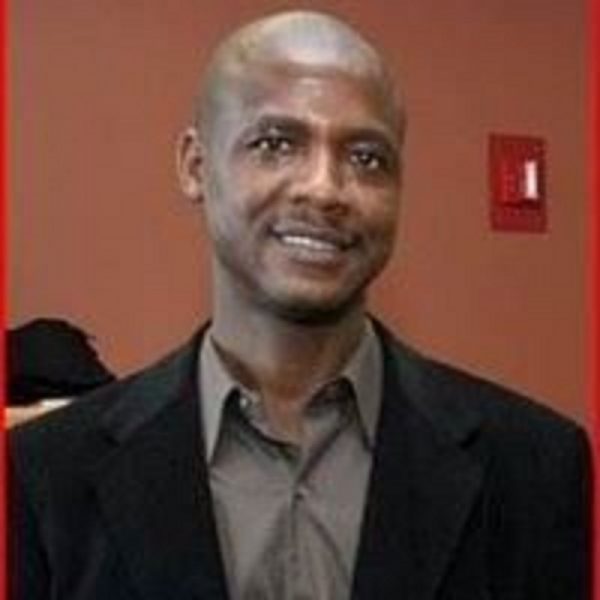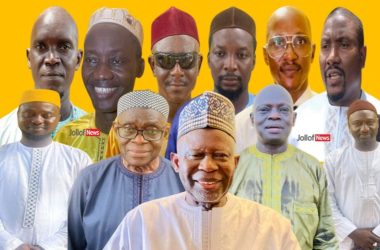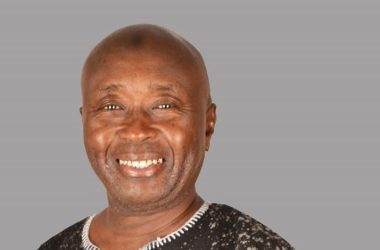
“There is not a stir or a whisper when Louis de Rougemont steps onto the stage to recount his extraordinary experiences. It is the most amazing story a man ever lived to tell — a breathtaking tale of catastrophe and miraculous events. However, critics say he is an imposter with a gift of ripping yarns. Are Louis’s tales true? Alternatively, is he the greatest liar on earth or one of the greatest political fibbers?” Louis is the principal character in Mark Greenwood’s 2012 adventurous book, “The Greatest Liar on Earth.” The character tells his great stories with excellent convincing skills, and the whole world listens and believes him. Is he a Gambian or a political fibber?
“The Greatest Liar on Earth” could have been written about the Gambia and the political class not honoring ‘Laahiddo.’ Here, leaders tell tales about uprightness, truth, and righteousness with twisted tongues of lies never honor their Laahiddo’s. They tell their stories believing that the gullible nation has no choice but to listen.
We have been following the series on the channels of ministers and the political class as well as members of the Fourth Estate and the Fifth Column. Every episode presents new yarns to chew on while we wait for the next. Did Gambians enjoy the particular one where the actor swore in the name of the Almighty God that the “2016 Memorandum of Understanding Laahiddo was not signed,” and another said he never took a bribe in his life? He did. As he pronounced every word in that declaration, his face shone and showed he believed himself, if we did not, know, is our problem.
Nevertheless, why not believe them, especially when we should know that what was shown on the national television and social media is the equivalent of shows we longed to watch inside the Amphitheater of our alum university hall during our undergraduate, postgraduate days? We probably watched ours inside the National Theatre. Does it matter where it is staged in today’s Gambia where no chamber is sacred or hallowed enough to be saved the shame of profanity and telling lies? We cannot enjoy our story, even if it is fiction unless we believe it.
Public office is about belief and believability. America’s first president, George Washington, has as part of his enviable history, a famous declaration: “I can’t tell a lie,” as he confessed, even as a young man, that he had cut a cherry tree — a sin in a society that sanctifies every object of creation. Can we remember our president, his coalition partners, and repudiated covenants and Laahiddo’s?
Furthermore, can we remember public officers and the political class who cannot be held to account because they “do not sign cheques” or honor Laahiddo’s? There was another U.S. President, Richard Nixon, with his famous “I am not a crook” declaration before editors of the Associated Press in the early, breaking days of the Watergate Scandal. Every student of investigative journalism can recall the historical, unraveling properties of that statement. Not even his taking refuge in the secure room of “executive privilege” could save Nixon, who was “not a crook,” from being indicted for crooked politics.
And why would anyone be loud about not ever being a bribe-taker? Is it because the politician noticed, like Graham Greene, that a bribe changes relations: “The man who offers a bribe gives away a little of his importance; the bribe once accepted, he becomes the inferior, like a man who has paid for a woman”? Or could it just be that the bribe-loathing politician does not want the effectiveness that goes with bribing to get elected into high offices? Or should we ask him: what is a bribe? Is politics not all about giving and taking bribes? Laahiddo! What goes on during political campaigns, Laahiddo? Do we not “mobilize” supporters to “mobilize” voters? Do we campaign with “campaign” materials, including ladies who lubricate the engine of the political machine? What are a bribe and Laahiddo?
Maybe there is so much stress, so much to worry about that we entertain ourselves with this drama of ‘Laahidoo of senior government officials and public officers.’ Politicians are great entertainers. Great entertainers are truthful liars. They get us laughing at ourselves as they tell us that we are not what we are or that they are not what they are.
Voters are great spectators. They assess who entertains with the best “truthful lie” among leader-designates and then decide whom to vote in and whom to vote out based on their stage performance. Are we as bored as the Armenian king in folklore who organized a competition in search of the “greatest liar” in his kingdom? Is this about who can entertain most with mountainous caps, high garments, and drooling yarns about honesty and uprightness? Is this Change all about clean mouths and stinking Laahiddo’s? Are we ever going to be tired of listening (and believing) refined, inverted truths?
Tomorrow, the show continues. Moreover, as we wait for the next episode, we advise they get the jury ready to do a strict grading of the characters. Note the dress, note the shoes. Assess the carriage and the swagger. Do not just listen to the words as they escape, read the lips especially. That is the way to go to ensure that the crown goes truthfully to The Greatest Liar we can produce. He/she should then be the next person to honor and fulfill “Laahiddo’s” of the Change regime





